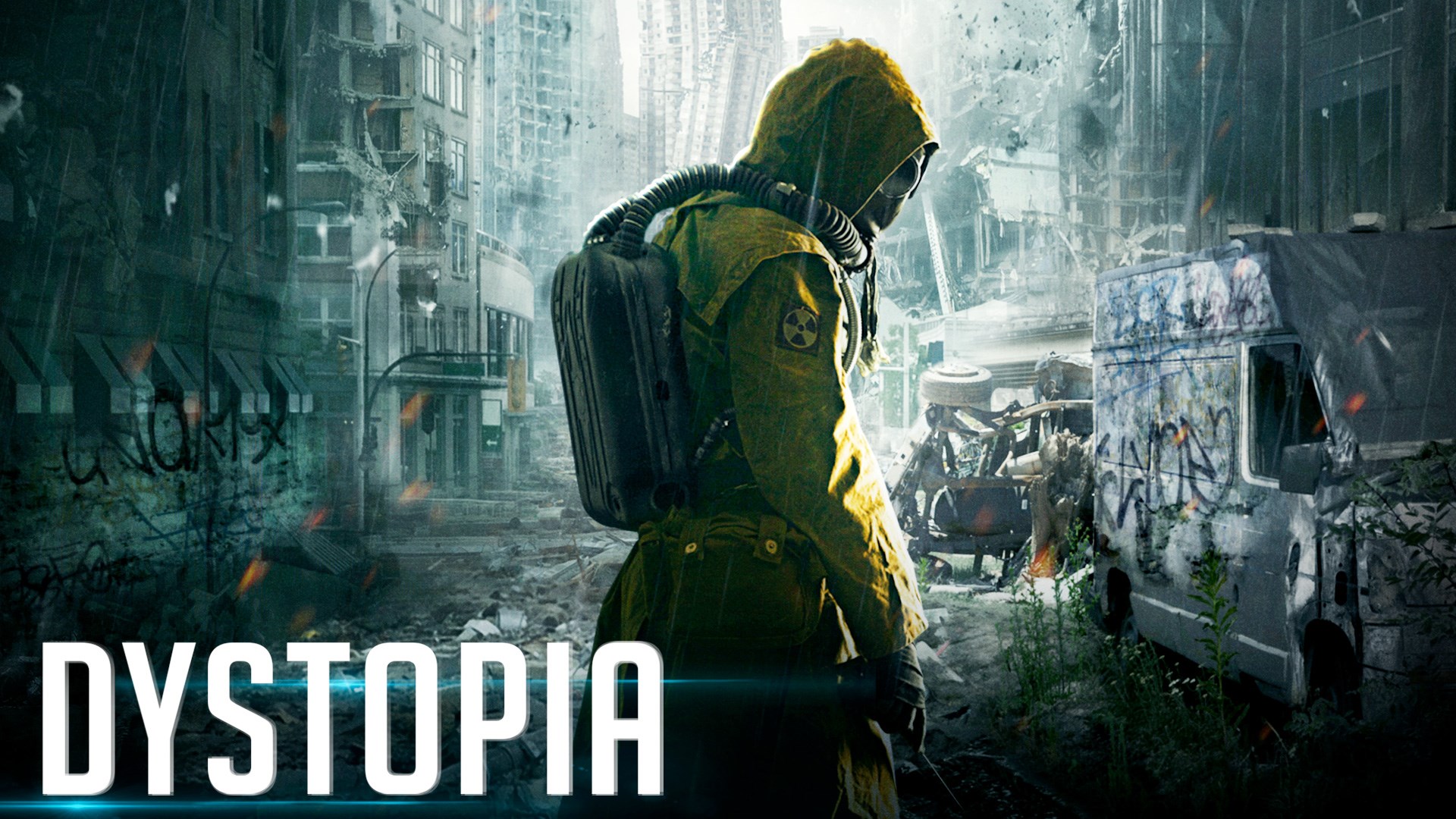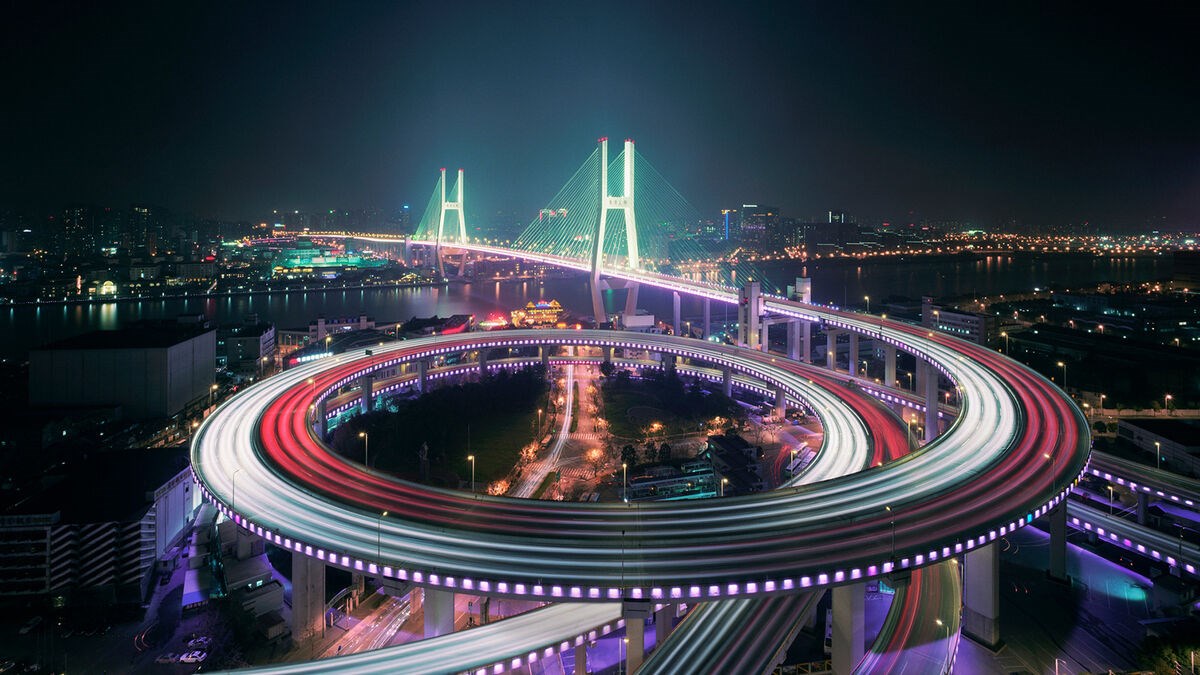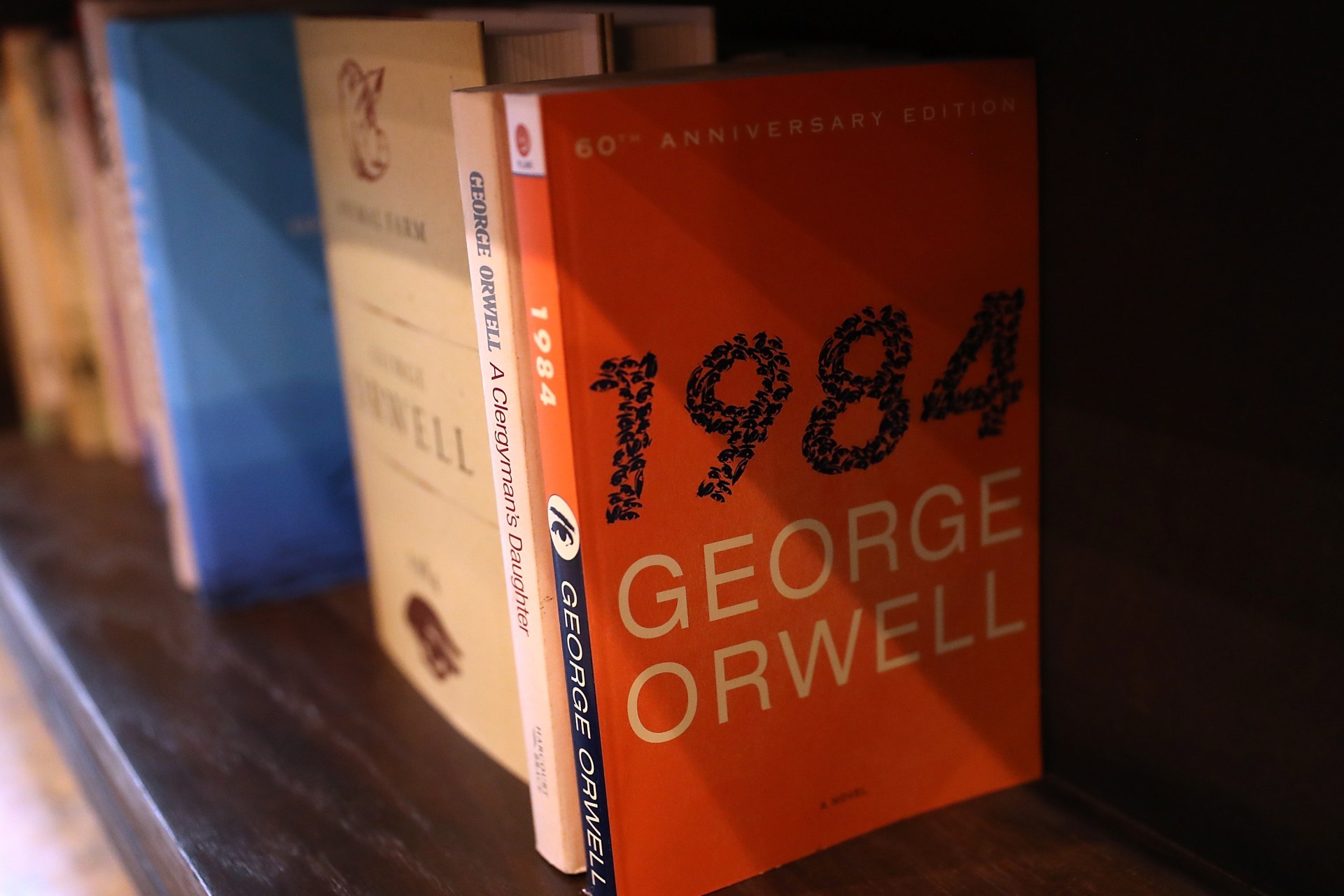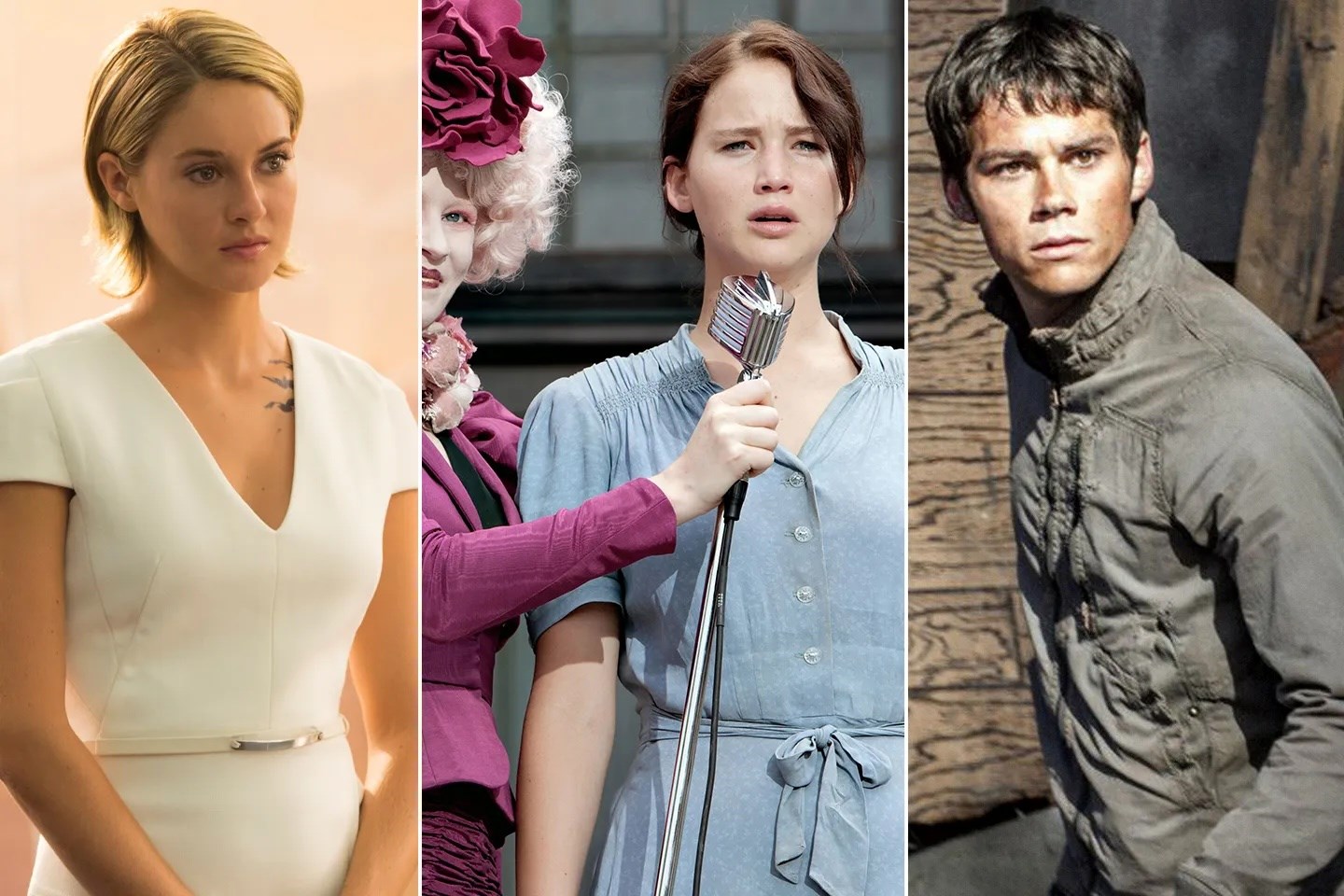
dystopia What comes to your mind when you hear the word? A society filled with chaos, injustice and great suffering, or a post-apocalyptic world where everything we once knew has changed beyond recognition? If these are the images that fill your head, then you are on the right track to understanding what dystopia means. So, let’s explain what dystopia is, what its defining characteristics are, with some examples from literature and film.
What is dystopia ❓
See Full Size
Dystopia can be defined as an imaginary place or situation where living conditions are extremely poor, where deprivation, inequality and oppressive social order prevail. This term was coined by British philosopher and economist John Stuart Mill in 1868.
Dystopia is an imaginary situation or society where injustice exists. This society is often post-apocalyptic or totalitarian in nature. In other words, it is a world where everything is as bad as possible. Dystopias are characterized by several key features.
- A controlling, oppressive state: In dystopia, the government has complete control over everything, including people’s personal lives.
- restricted freedom: People in a dystopia have little or no personal freedom. They cannot do or say whatever they want, and their lives are controlled and monitored by the state.
- Inequality: In a dystopian society, there is a clear distinction between the rich and the poor. The rich live in luxury while the poor suffer.
- Propaganda: The government uses propaganda to control and keep people in line. When you read a book or watch a movie set in a dystopian world film When you watch it, you often see these elements.
Dystopia examples ????
See Full Size
The best dystopia books ????
See Full Size
- 1984 – George Orwell
- A Clockwork Orange – Anthony Burgess
- Brave New World – Aldous Huxley
- Never Leave Me – Kazuo Ishiguro
- The Time Machine – HG Wells
- Lord of the Flies – William Golding
- Fahrenheit 451 – Ray Bradbury
- The Dispossessed – Ursula K. Le Guin
- The Left Hand of Darkness – Ursula K. Le Guin
- The Hunger Games – Suzanne Collins
The best dystopia movies ????
See Full Size
- The Hunger Games
- Mad Max
- Blade Runner 2049
- Elysium
- Interstellar
- 12 Monkeys
- The Matrix
- Terminator
- I, Robot
- Oblivion
Differences between Utopia and Dystopia ????
See Full Size
- Author’s purposeWhile utopian writers aim to portray a society that seems better than the one we live in, dystopian writers imagine worse worlds. Dystopian writers often point out or exaggerate the flaws in our society.
- Expression style: Utopias tend to use narrative that includes a guide that allows the reader to travel to another place in space or time. Dystopians immerse the reader directly into the world and treat dystopian details as ordinary things.
- Themes: Utopias emphasize hope, harmony, abundance, possibility, peace. Dystopians draw attention to fear, isolation, surveillance, control and manipulation.
- Dream vs Warning: Utopians dream of a better future, sometimes completely different from the present. Dystopias correspond to the society we live in and offer cautionary lessons. Dystopian book authors present us with a future they believe we must change or avoid.
In this guide article, we explained what the term “Dystopia” is when it comes to productions such as Matrix, Black Mirror, The Hunger Games. What is the Turkish word for Dystopia? What does a dystopian way of thinking look like? What are the differences between them and utopia? You can find answers to frequently asked questions such as.
Source
https://en.wikipedia.org/wiki/Dystopia
https://www.imdb.com/list/ls089964733/
This news our mobile application Download using
You can read it whenever you want (even offline):








